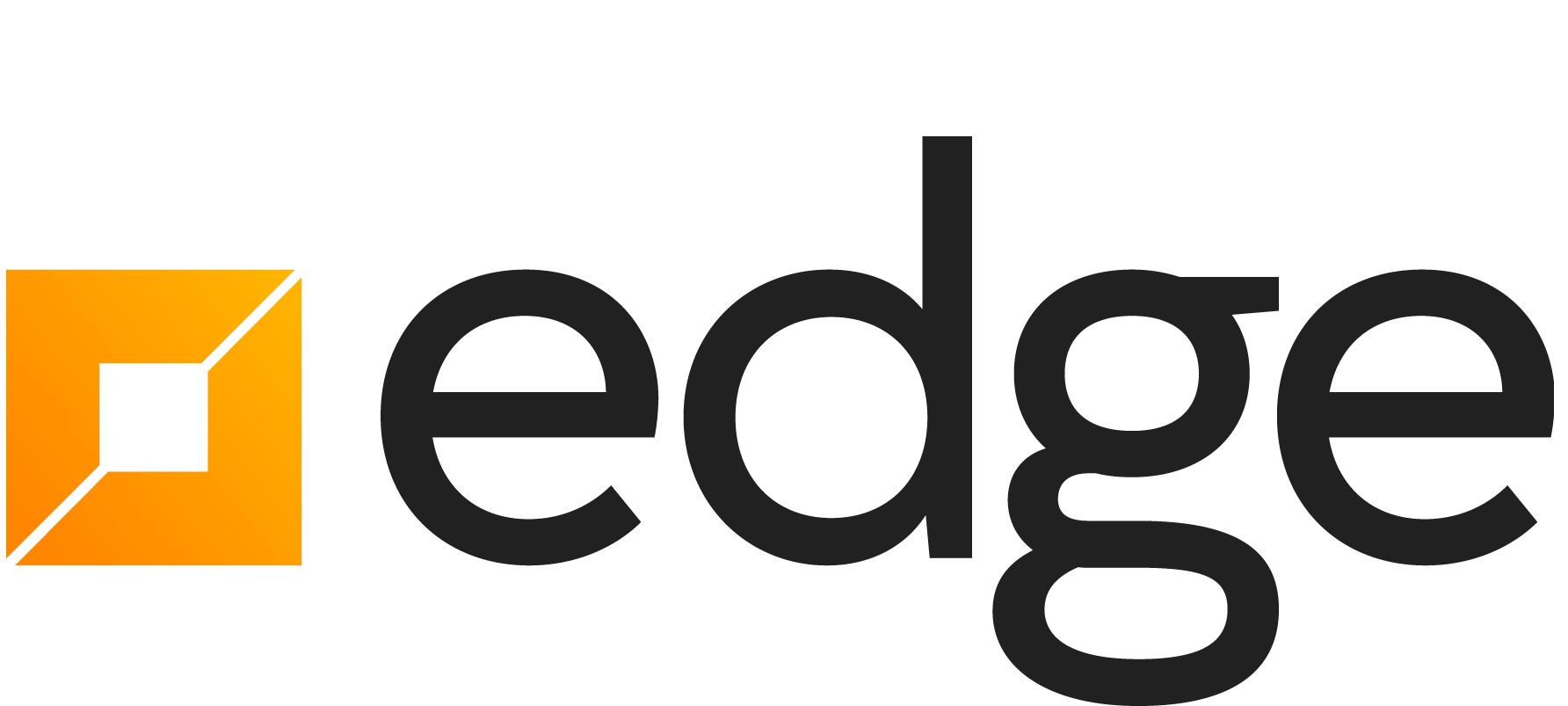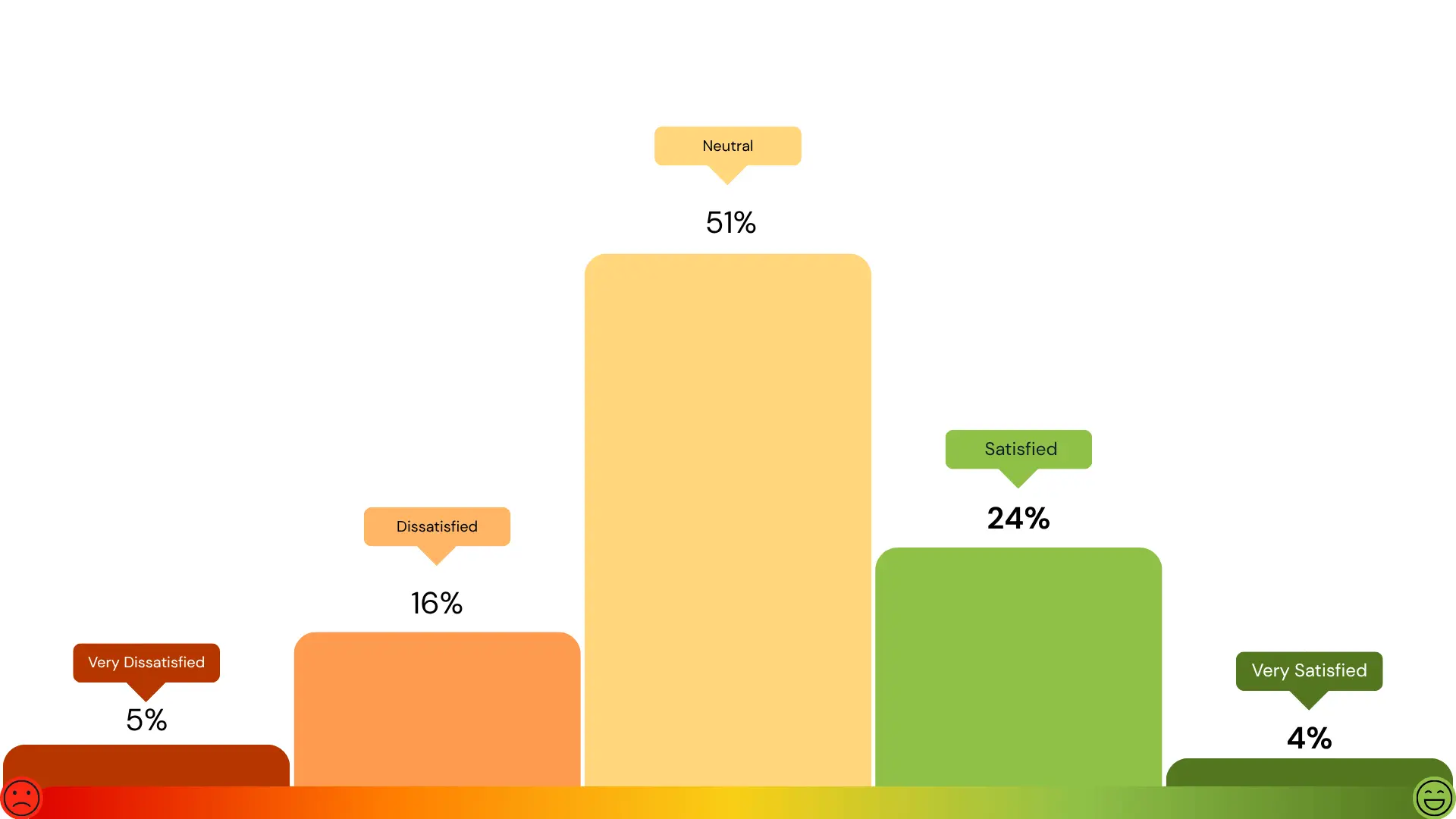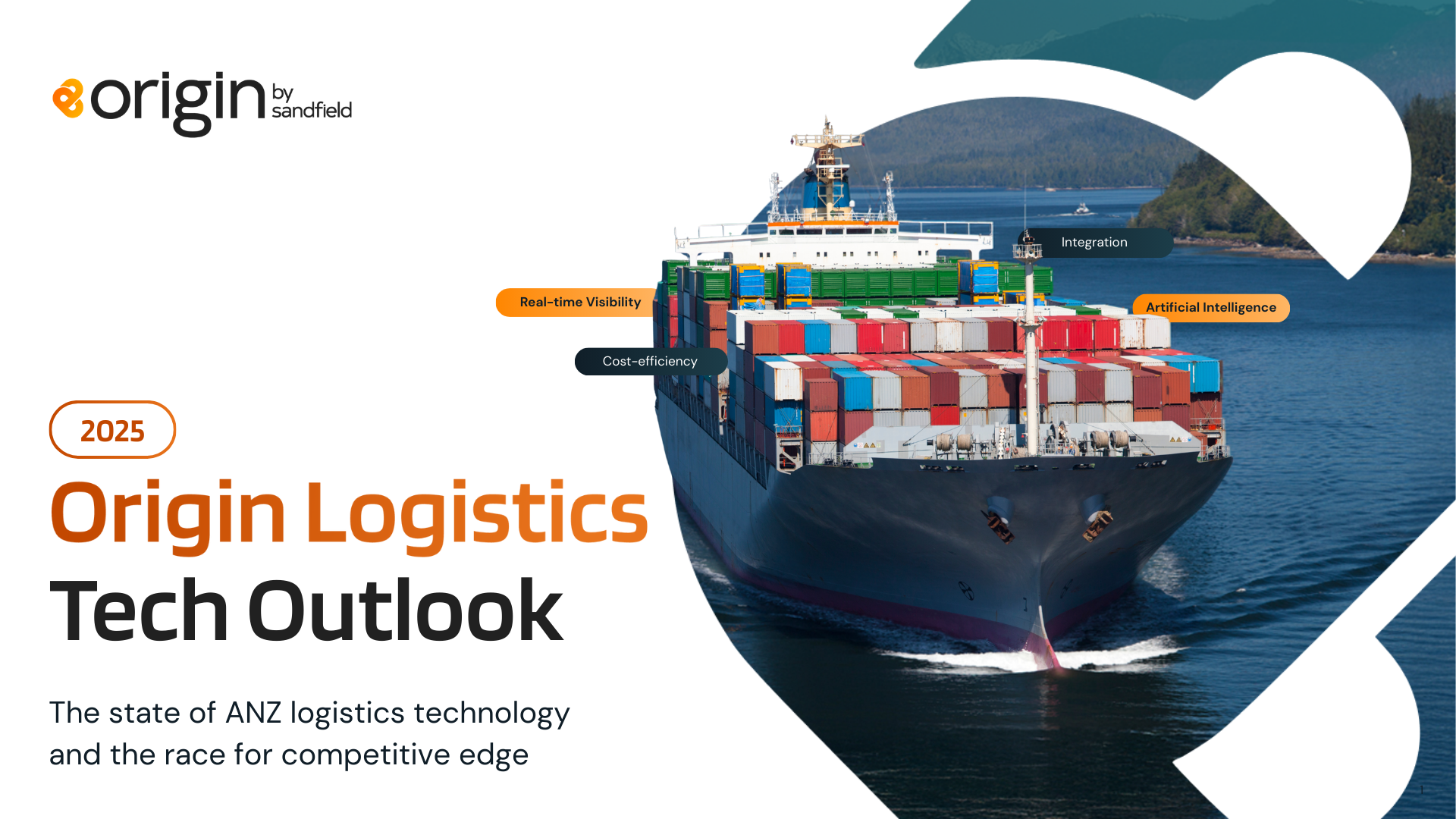At Sandfield, the concept of blockchain has been swirling around our computer screens for a while - we predicted the potential a year ago and we’re increasingly seeing the benefits it's bringing to those companies trialling it.
It can’t be hacked, is anonymous and is very democratic
Our team works with innovative freight and logistics companies, including Mainfreight and Qube, to help them get a competitive advantage through their IT systems.
We keep our finger on the pulse of new, innovative databases to power the backend for these systems - and Blockchain is something we’re keeping a very close eye on.
The diagram below shows it's potential role in the evolution of shipping logistics:

And we’re not the only ones who find blockchain compelling - it’s the database system being adopted by a growing number of commodity groups, banks and technology companies. This month alone, 22 global banks have joined SWIFT’s cross-border trial of blockchain.
To begin to understand the resilience of blockchain, you need only look at its name - blockchain literally chains blocks of data together permanently. Essentially it’s a distributed database that maintains a continuously-growing list of data records hardened against tampering and revision. We found this useful analogy that compares existing database tech to blockchain tech, similar to the differences between Microsoft Word and Google Docs.
The beauty of blockchain is that once it’s done, it’s done - it can’t be hacked, is anonymous and is very democratic - the history can only be changed if more than 50% of users agree.
Blockchain could digitise this existing painful ‘chain of custody’
While I’d never say any technology is 100% hack-proof, blockchain does come closer than most. Secure by design, it's security functionality is not added on as an afterthought, it’s in its architecture.
Its inbuilt resilience is what makes it a promising framework for many businesses needing to talk to other businesses securely. We believe this function is especially useful for supply chain focused businesses and freight and shipping companies.
The logistics industry relies on the chain of documents from a number of touchpoints e.g. manufacturer, customs, port authorities to achieve their delivery journey. Some experts say the existing costs of paperwork processing and administration in freight are estimated to be high, at 20% of actual physical transportation costs.
Once further developed, blockchain could digitise this existing painful ‘chain of custody’ and overwhelming stack of paperwork, allowing for faster, streamlined and authenticated verification across the delivery journey.
The world’s largest shipping company, Maersk, has recognised the potential of the new tech and has been trialling blockchain with IBM, we’ve outlined their proof-of-concept work below.
Flowers, oranges and pineapples… Maersk & IBM give blockchain a go
Maersk started working on a new tracking solution with IBM after analysing a simple shipment of refrigerated goods from East Africa to Europe going through nearly 30 people and organisations, with more than 200 different interactions and communications among them! They decided there needed to be a more efficient way.
IBM expects to be able to offer a widely available solution to companies dealing in ocean shipping later this year’
As part of its proof-of-concept work with Maersk, IBM developed a ‘permissioned’ blockchain, where all the participants are known and have permission to participate. It’s a highly secure and trusted shared network which provides each participant end-to-end visibility based on their level of permission.
Earlier this year they ran the permissioned blockchain pilot, using international shipments of flowers to Royal FloraHolland from Kenya, oranges from California, and pineapples from Colombia to validate the blockchain solution for shipments coming into the Port of Rotterdam.
Following the trial, IBM concluded while blockchain is still in it's early stages, once fully developed it will help reduce or eliminate fraud and errors, minimise the time products spend in transit and shipping processes, improve inventory management and ultimately reduce waste and cost.
IBM expects to be able to offer a widely available solution to companies dealing in ocean shipping later this year - more on IBM’s Blockchain Beta work can be found here.
2017 and beyond
We think there are still problems to solve to make blockchain more usable and palatable for businesses.
The emerging technology could develop partially private blockchains
Our blog last year talked about the need for blockchain to have an ability to be fully or partially private. A year on, and as the permissioned blockchain example shows - the privacy capability has been developed, but brings another new set of issues.
Some cynics may say having the permissioned blockchain takes away from the democratic values that blockchain was built upon. The Maersk example didn’t allow customers a view on the shipments - so full transparency was intentionally not achieved, and there are valid arguments for and against this.
While we don’t think blockchain has the full answers in 2017 to solve the above issues, the emerging technology could develop partially private blockchains, where key data is public but commercially sensitive data is hidden. Wherever it lands - a new solution has to be better than 200 different pieces of paper to get refrigerated goods from Africa.
If you'd like to discuss blockchain, other emerging technologies or ways to optimise your existing systems then please feel free to get in touch.












